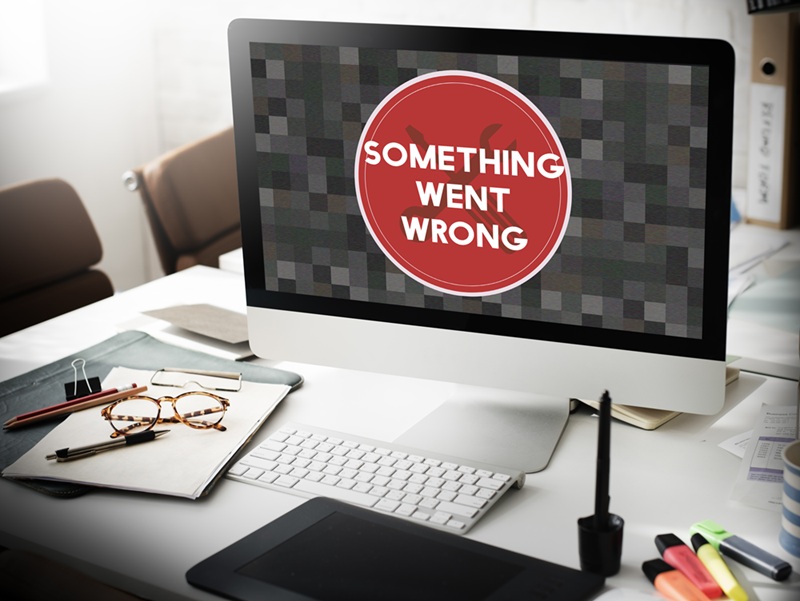
Sustainable Industrial Practices That Boost Profits and Reputation
Sustainability is no longer just a buzzword — it’s a business imperative. Across the industrial sector, companies are recognizing that eco-friendly practices can drive profitability, enhance brand value, and ensure long-term success.
Industrial sustainability involves reducing waste, conserving resources, and minimizing environmental impact while maintaining productivity. For example, energy-efficient machinery, water recycling systems, and low-emission production techniques are becoming standard in forward-thinking factories.
Implementing sustainable practices starts with energy optimization. Switching to renewable energy sources like solar or wind can significantly cut electricity costs. In addition, upgrading to LED lighting, automating HVAC systems, and using energy management software can yield considerable savings.
Another key aspect is waste reduction. Many industries are adopting circular economy models — where materials are reused, recycled, or repurposed rather than discarded. By reducing landfill waste and finding new uses for byproducts, companies can turn what was once a cost into a new revenue stream.
Sustainable packaging is also gaining traction. Using biodegradable or recyclable materials not only reduces environmental impact but also appeals to increasingly eco-conscious consumers.
But sustainability isn’t just good for the environment — it’s good for your business. Adopting green practices can improve your company’s public image, attract customers and investors, and even open doors to government incentives and tax benefits.
Moreover, regulations around environmental compliance are becoming stricter. Businesses that act proactively are better positioned to avoid fines and legal challenges. Sustainable operations also contribute to employee satisfaction, as more workers prefer companies that align with their values.
To get started, businesses should conduct a sustainability audit, set clear goals, and engage stakeholders in the process. Partnering with environmental consultants or certifying bodies can also boost credibility.
In conclusion, sustainable industrial practices are not just ethical — they’re strategic. With the right approach, industries can reduce costs, increase efficiency, and position themselves as leaders in a competitive, environmentally-conscious world.




